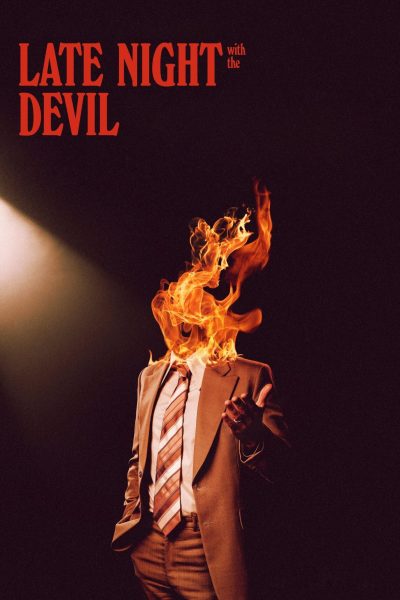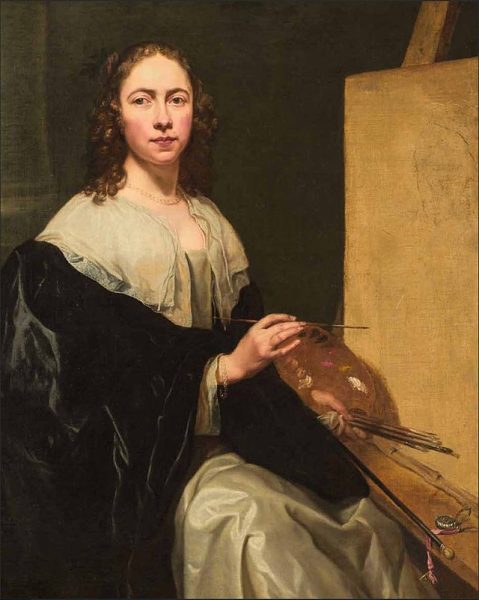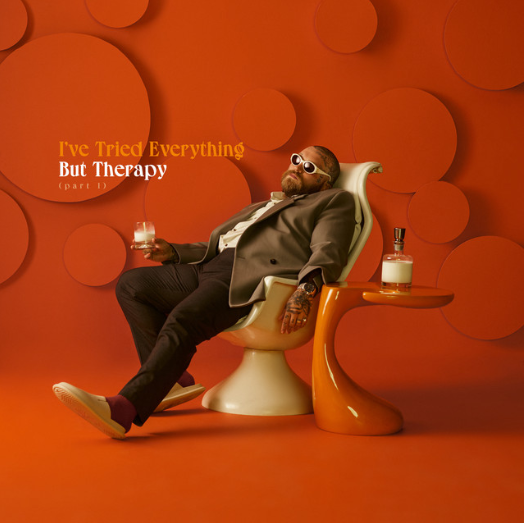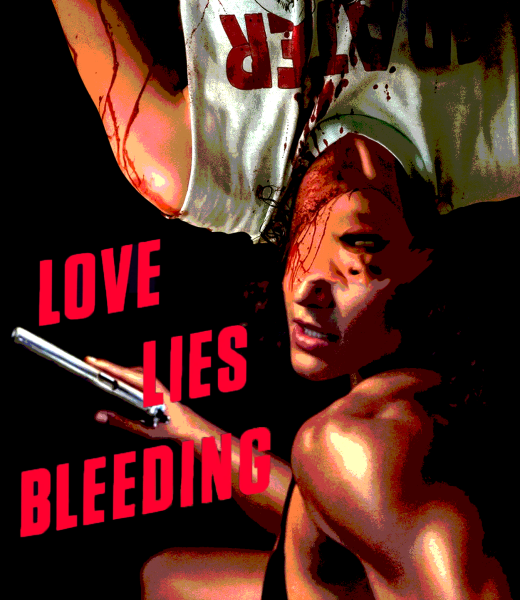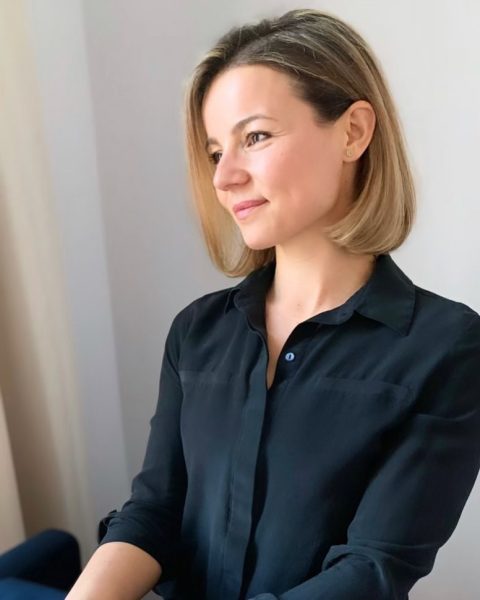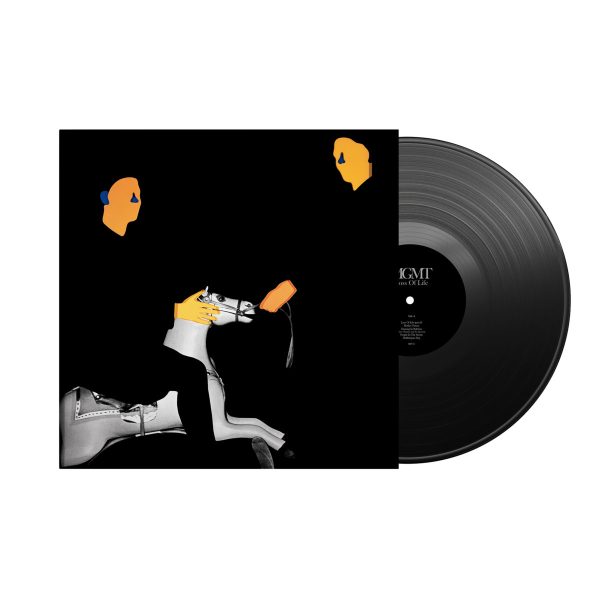Black Girl Magic
#BlackGirlMagic. Depending on who you follow on Twitter, this phrase may be familiar to you. While it hasn’t been added to Merriam Webster quite yet (but “bootylicious” has, so there is hope), it can be defined as a social media movement dedicated to highlighting the extraordinary talents and grace of black women. More and more black women like Grammy-nominated artists SZA and Cardi B, fictional characters like Dr. Miranda Bailey and Olivia Pope, and everyday women like Chika Stacy Oriuwa — the only black medical student in her University of Toronto class — are being acknowledged for their gifts, talent, drive, dedication and finesse. But how does a movement that seeks to simultaneously acknowledge the ingenuity and perseverance of women like Katherine Johnson with the indomitable spirit and charisma of Amara La Negra have any meaning? To many, both in and outside the culture, #BlackGirlMagic has become a catch-all phrase.
Historically, black femininity has been associated with two extremes — endless stoicism in the face of unthinkable devastation or hypersexual vulgarity and loudness. There has been no room for nuance for black women in American culture. From the exploitation of the black female body (see Saartjie Baartman) to the media’s erasure of the Black women victims of police brutality, black women are constantly caricatured and vilified. Women like Cardi B, a personal hero of mine, are asked to be less “ghetto” or “trashy” by mainstream culture and even by other black women. These expectations imply that her authentic, Bronx-born-and-raised self is an affront to what black women should be or represent.
Even famed showrunner, Shonda Rhimes, is critiqued by those who view her trio of black leads as too polite. Dr. Miranda Bailey in “Grey’s Anatomy,” Olivia Pope in “Scandal” and Annalise Keating in “How To Get Away with Murder” are sometimes seen as feeding into respectability politics that stifle black women’s range of emotion. Therein lies the critique of the hashtag.
There is frustration that #BlackGirlMagic tries to encompass too much at once, inadvertently belittling the movement rendering it meaningless. It’s just another empty platitude. If every black girl has “magic,” from where can any value be derived? I think that’s where everyone gets it wrong.
#BlackGirlMagic should be the movement that encompasses the entire black feminine experience.
From preteens in the Rust Belt to 50-somethings in the Pacific Northwest, every black girl and woman should be able to find something in this hashtag that resonates with them. What is missing from the conversation is the plurality of the black female experience. For every black woman that identifies with Gabrielle Union or Anika Noni Rose, there are others who see themselves in Blac Chyna or Ursula Burns. Maybe even Mae Jemison or Jordyn Woods; Maxine Waters or Dr. Alexa Canady. And that’s okay. We are now entering an era where every type of black woman should be celebrated for her differences and nuances in an unprecedented way. And that might be the most magical thing of all.
If you don’t know, now you know:
*Dr. Miranda Bailey – Grey’s Anatomy’s Chief of Surgery
*Olivia Pope – Washington D.C.’s premier crisis manager, better yet, the scandal fixer
*Annalise Keating – High profile Defense Attorney
**Katherine Johnson – NASA Mathematician
**Amara La Negra – Afro-Latina singer
**Gabrielle Union – Actress
**Anika Noni Rose – Tony Award-winning singer/actress (or performer)
**Blac Chyna – Model
**Jordyn Woods – Model
**Ursula Burns – former Xerox CEO
**Mae Jemison – Astronaut
**Maxine Waters – U.S. Representative
**Dr. Alexa Canady – Neurosurgeon
*Fictional (and magical) black female characters
**Real magical black women
Your donation will support the student journalists of Saint Louis University. Your contribution will help us cover our annual website hosting costs.



